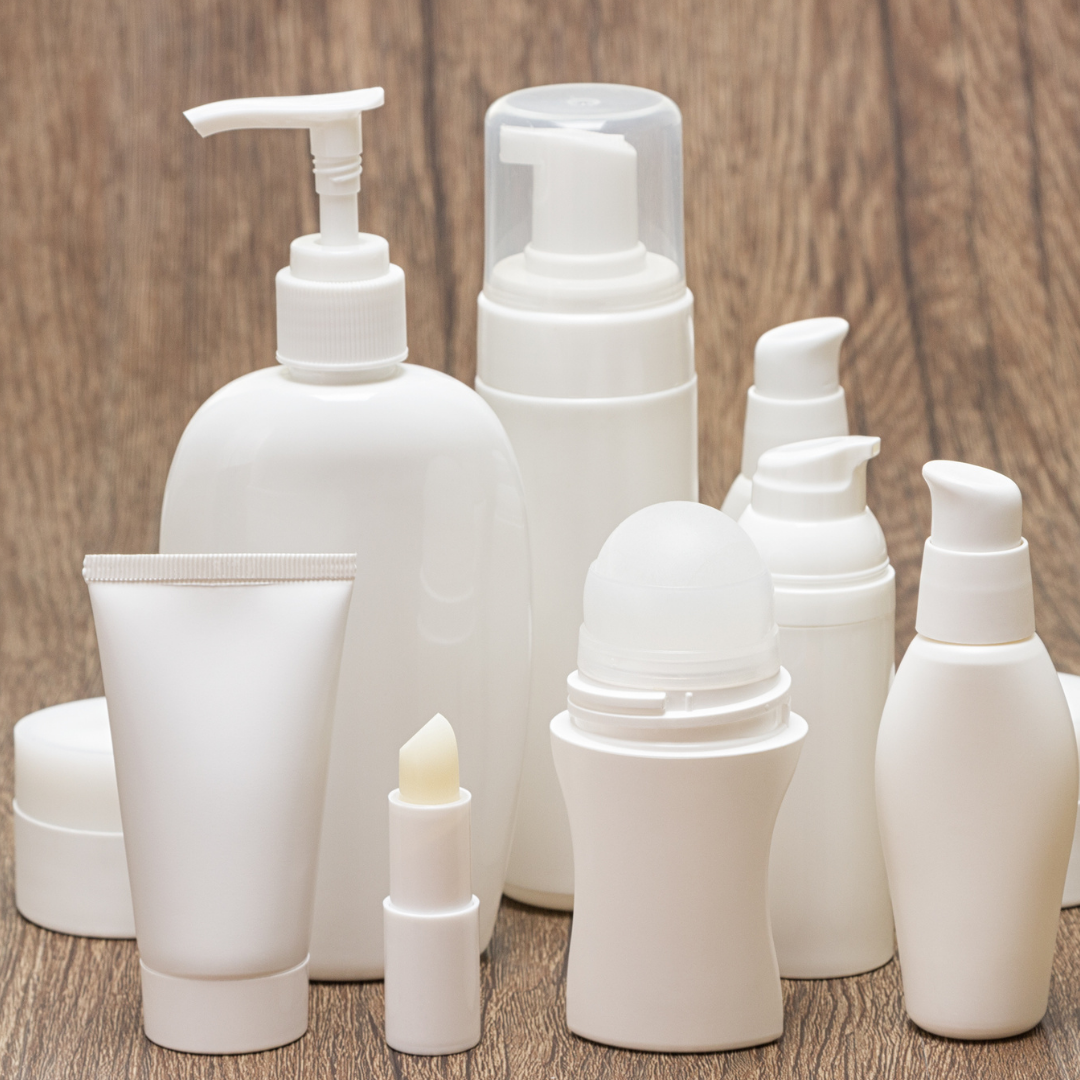
Environmental Toxins

Harlee Palmer, PA-C – Functional Medicine
In recent decades more than 100,000 chemicals have been introduced in common everyday products.
Among these chemicals are endocrine disrupters that can have a significant impact on health. They can trigger autoimmune reactions such as allergies, eczema and modulate the immune response. Chemicals we breathe, eat and put on our bodies can affect the endocrine system and the gut which in turn can impact autoimmune disease as well as brain function.
While genetics plays a role in the development of autoimmune disease, our lifestyle and environment can impact how these genes are expressed.
It may seem overwhelming to think about how to protect ourselves from the constant assault of pesticides, pollution, and chemicals but there are definitely things we can do to reduce our total burden.
First and most importantly is to eat whole real food. Buy organic when possible.
Pesticides such as glyphosate have gotten a lot of press lately because of possible associations with autoimmune and endocrine diseases. Cruciferous vegetables such as broccoli, kale, bok choy, and Brussels sprouts maximize our ability to detoxify. Berries and dark leafy greens are high in antioxidants. Consider quality supplements such as Zinc, Vitamin C, Vitamin B complex, and ALA.
Exercise and breaking a sweat get rid of toxins, so get moving!
Reduce your exposure to BPA in plastics. Buy BPA-free cans, avoid plastic water bottles and opt for glass or stainless. If you are a daily coffee or tea drinker consider using stainless or glass to brew your beverage.
Another source of exposure is everyday personal products. Our skin is the largest organ and will absorb up to 60% of what we put on it. Even if a chemical isn’t harmful right away, it is the accumulation of that chemical over time that can trigger health problems. Toothpaste, lotion, shampoo, makeup, and sunscreen can have parabens, phthalates, oxybenzone, and the list goes on. The environmental working group has a great list of toxins to avoid when selecting products.



